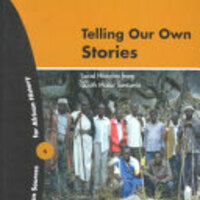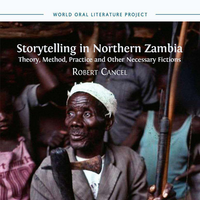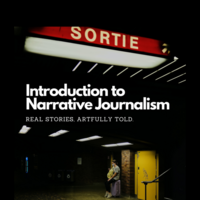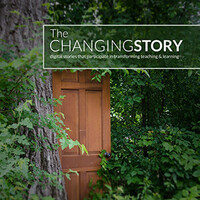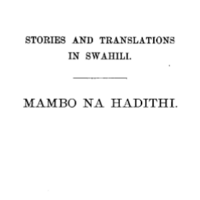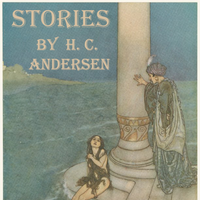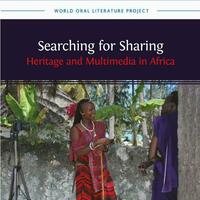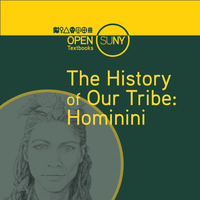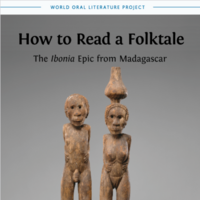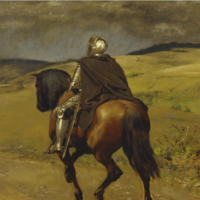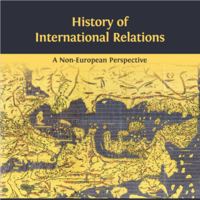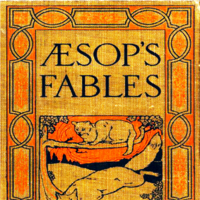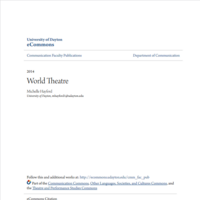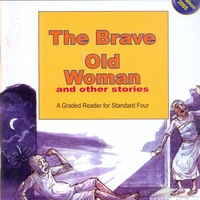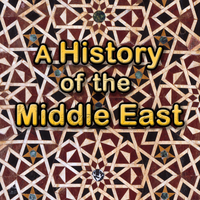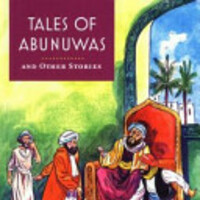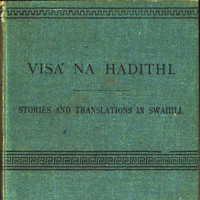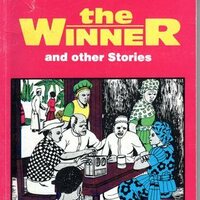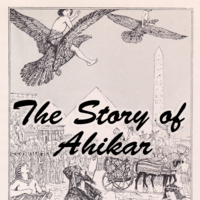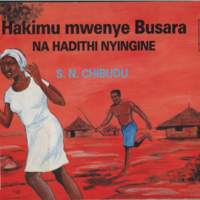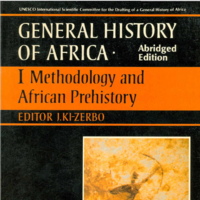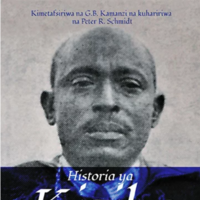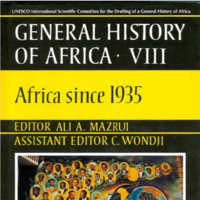Search
Books+
Searching 1,730 books
Search related to the career Historian
Introduction:
Historians play a crucial role in studying and interpreting the past. They analyze various sources of evidence to construct narratives that shed light on historical events, people, and societies. Historians tell a wide range of stories, each with its own focus and purpose. Here are some common types of stories that historians tell:
1. Political History:
Political history focuses on the study of political systems, institutions, and the actions of political leaders. Historians in this field analyze the rise and fall of governments, the development of political ideologies, and the impact of political decisions on societies.
2. Social History:
Social history examines the lives and experiences of ordinary people, including their daily routines, cultural practices, and social interactions. Historians in this field explore topics such as gender roles, class dynamics, family structures, and the impact of social movements on society.
3. Economic History:
Economic history explores the development and impact of economic systems, including trade, industry, and finance. Historians in this field analyze economic policies, technological advancements, labor movements, and the consequences of economic changes on societies.
4. Cultural History:
Cultural history delves into the study of cultural practices, beliefs, and expressions of a particular time and place. Historians in this field examine art, literature, music, religion, and other cultural artifacts to understand the values, ideas, and identities of different societies.
5. Military History:
Military history focuses on the study of warfare, including strategies, tactics, and the impact of conflicts on societies. Historians in this field analyze battles, military leaders, weapons, and the consequences of wars on political, social, and economic structures.
6. Intellectual History:
Intellectual history explores the development of ideas, theories, and philosophies throughout history. Historians in this field examine the evolution of scientific, philosophical, and political thought, as well as the individuals and movements that shaped intellectual discourse.
7. Environmental History:
Environmental history studies the relationship between humans and the natural world, including the impact of human activities on the environment and the reciprocal influence of nature on societies. Historians in this field analyze topics such as resource exploitation, conservation efforts, and the ecological consequences of human actions.
8. Diplomatic History:
Diplomatic history focuses on the study of international relations, including treaties, alliances, and diplomatic negotiations between nations. Historians in this field analyze the causes and consequences of conflicts, the dynamics of diplomacy, and the role of diplomacy in shaping global events.
Conclusion:
Historians tell a diverse range of stories, each contributing to our understanding of the past. By examining different aspects of human experience and analyzing various sources of evidence, historians provide valuable insights into the complexities of historical events, societies, and individuals.
Source: Various AI tools
History
Historical fiction
Short stories
Books tagged short stories
Anthropology
Books tagged anthropology
Writers
Autobiography
Animal stories
Fiction
Nonfiction
Books tagged nonfiction
Searched in English.
